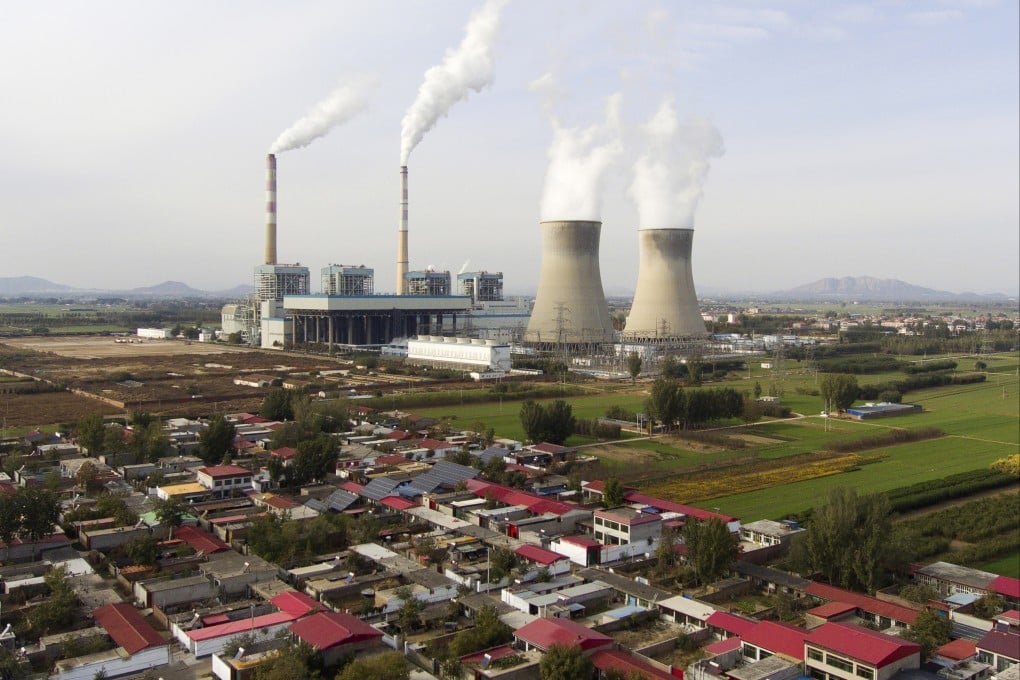My Take | China’s role in spotlight as Cop28 climate talks in Dubai enter final phase
- Beijing’s climate chief has denied that the country is blocking talks about whether to commit to ‘phasing out’ fossil fuel use
- However, it has been in ‘intensive’ talks with the US about a deal, suggesting an agreement between the two countries may be a model

The good news was China and the United States, the world’s top two polluters, had been in “intensive” talks over the past two weeks in the United Arab Emirates to find a climate deal “acceptable to all parties”, as China’s top negotiator Xie Zhenhua put it.
It shows despite their intensifying divisions, the rival powers can still work together on some of the most pressing issues when they want to.
The talks look set to run over time, as the US, Europe and low-lying island countries are angry at the draft deal released on Monday by the UAE scrapped calls for fossil fuel use to be “phased out”.
Saudi Arabia, other oil-rich countries and India have led the resistance to the idea – but China’s attitude is also critical to Cop28, which US climate negotiator John Kerry described as the “last” chance to keep temperature rises at 1.5 degrees Celsius above pre-industrial levels.
